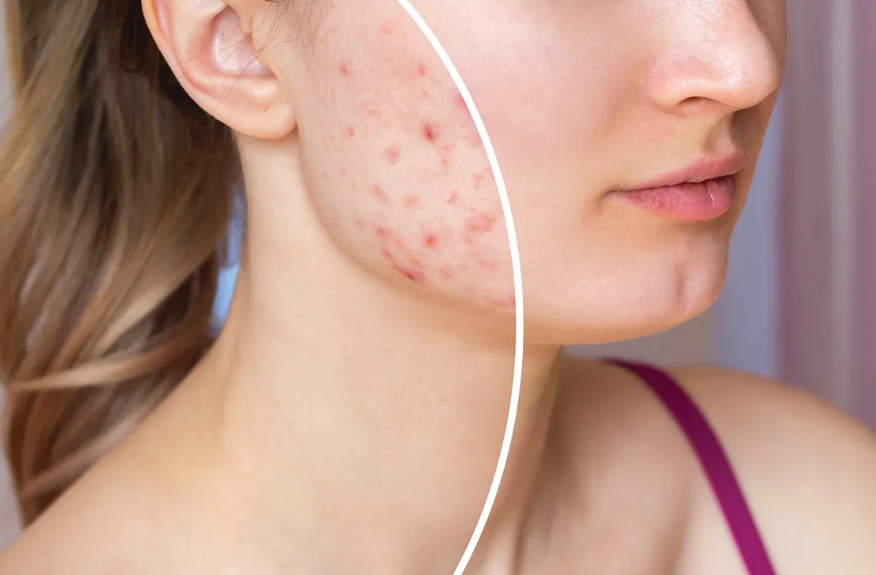(607NewsNow) — As the leaves change and temperatures drop, many people look forward to cozy sweaters and crisp air, but for those with eczema or psoriasis, fall often brings a frustrating return of red, itchy, or flaky skin. Dermatologists say this seasonal shift can be more than coincidence.
When humidity levels fall, the air becomes drier, and so does your skin. This loss of moisture weakens the skin’s natural barrier, making it more prone to irritation. For people with eczema, that can mean increased itching, inflammation, and sensitivity. Psoriasis, which is triggered by an overactive immune response, can also worsen as the skin becomes stressed by dryness and temperature changes. Indoor heating only makes things tougher, pulling even more moisture from the air and your skin.
Cold weather also tends to mean less sunlight, and with it, less exposure to natural ultraviolet (UV) light, which can help calm inflammation in psoriasis. The combination of dry indoor air and decreased sunlight can set the stage for flare-ups that persist through winter if left unmanaged.
To help prevent seasonal worsening, dermatologists recommend switching to a thicker, fragrance-free moisturizer and applying it immediately after bathing to lock in hydration. Using a humidifier at home can help counteract dry indoor air. For psoriasis, gentle exfoliation and medicated creams can reduce scaling and discomfort, while continued sun protection remains important even on cloudy days.
If flare-ups persist or worsen, a dermatologist can recommend tailored treatments, from prescription ointments to light therapy. With a few adjustments and extra care, it’s possible to keep skin calm and comfortable all season long so fall can be a time for cozy comfort, not irritation.




